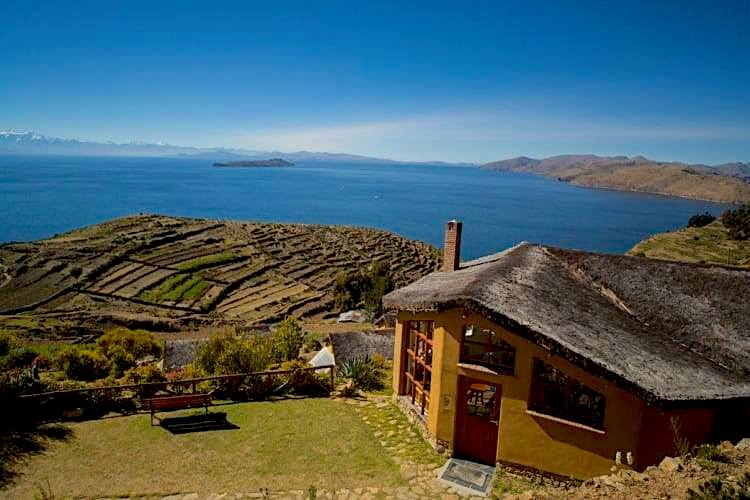Sustainable Tourism
Sustainable tourism is a form of travel that has the goal of preserving the environment and culture of local communities while also providing economic benefits.
With sustainable tourism, travelers are encouraged to be mindful of their impact on the destination they are visiting, both in terms of its physical environment and its cultural heritage.
This type of tourism is gaining more attention as people become increasingly aware of the need for responsible travel practices.
What is Sustainable Tourism?
Sustainable tourism is an approach to traveling which seeks to minimize the impact on the environment and local communities while still allowing visitors to enjoy the destination.
It focuses on preserving biodiversity, reducing pollution, conserving natural resources, and creating economic opportunities for local populations.
The idea behind sustainable tourism is that travelers should respect and appreciate the destination they are visiting, rather than simply exploiting it for their own enjoyment or profit.
Benefits Of Sustainable Tourism
Sustainable tourism can have a positive impact on the environment and local communities by providing economic opportunities that would otherwise not exist.
This includes jobs in hospitality, transportation, food service, retail, tour guiding, and more.
In addition, sustainable tourism helps protect wildlife habitats by limiting development in sensitive areas; reduces pollution (including air quality) by encouraging low-impact activities such as biking or walking; preserves cultural heritage sites by promoting responsible development.

It also supports conservation efforts by investing in green initiatives such as reforestation projects or water treatment facilities.
Additionally, sustainable tourism enables travelers to connect with nature in a meaningful way while learning about different cultures and customs.
By engaging with locals and participating in activities that support the preservation of natural resources and cultural sites, travelers can gain a deeper understanding of a destination’s history and traditions.
Examples of Sustainable Tourism
By understanding some examples of how sustainable tourism can be practiced, we can help make our travels more ethical and responsible.
Reducing Carbon Footprint
One way to practice sustainable tourism is to reduce your carbon footprint. This means taking steps like offsetting your travel or renting a hybrid or electric vehicle when you do need to drive.
Not only do these practices help reduce emissions, but they can often save you money in the long run as well.
Additionally, reducing your energy consumption is another easy way to practice sustainable tourism. You can do this by turning off lights and electronics when not in use and using reusable items instead of single-use plastics whenever possible.
These small changes add up and can have a lot of positive effects on the environment over time.
Supporting Local Businesses
Another great example of how we can practice sustainable tourism is by supporting local businesses during our travels. Supporting small businesses like restaurants and local artisans help keep money in the local economy instead of sending it away to multinational corporations based elsewhere.

This allows us to enjoy our travels without contributing to global inequality or environmental degradation caused by large entities who are not invested in the welfare of their home communities.
It’s also important to remember that shopping locally supports traditional artisans and craftsmen who may be struggling due to globalization and other forces outside their control.
Purchasing locally made goods helps ensure they are able to continue practicing their craft while providing you with unique keepsakes from your trip that won’t harm the environment as much as mass-produced souvenirs would.
Book With Local Hospitality
The most obvious benefit of staying with local hospitality is that you are helping to support your community. Local businesses are typically owned by individuals or families who live in the community and employ other members of the community as their staff.
When you stay at a local business, you are helping to create local jobs and stimulate local economic growth.

Another great reason to stay with local hospitality is that you get a unique experience compared to what you would find at larger international chains.
While some may prefer the familiarity of well-known brands, many travelers enjoy exploring new places and immersing themselves in different cultures.
When you stay with a locally-owned business, whether it’s a hotel, restaurant or activity provider, they will often offer experiences tailored specifically to their area and its culture which can provide an unforgettable travel experience.
In conclusion, sustainable tourism is an important concept for any traveler who wants to responsibly explore new places without sacrificing their own comfort or convenience.
By following sustainable practices during your travels—such as minimizing waste production or supporting locally-owned businesses—you can help protect fragile ecosystems while also contributing to economic growth within destinations you visit.
So next time you plan a trip abroad, consider how you can make it an experience that benefits both yourself and your destination!








